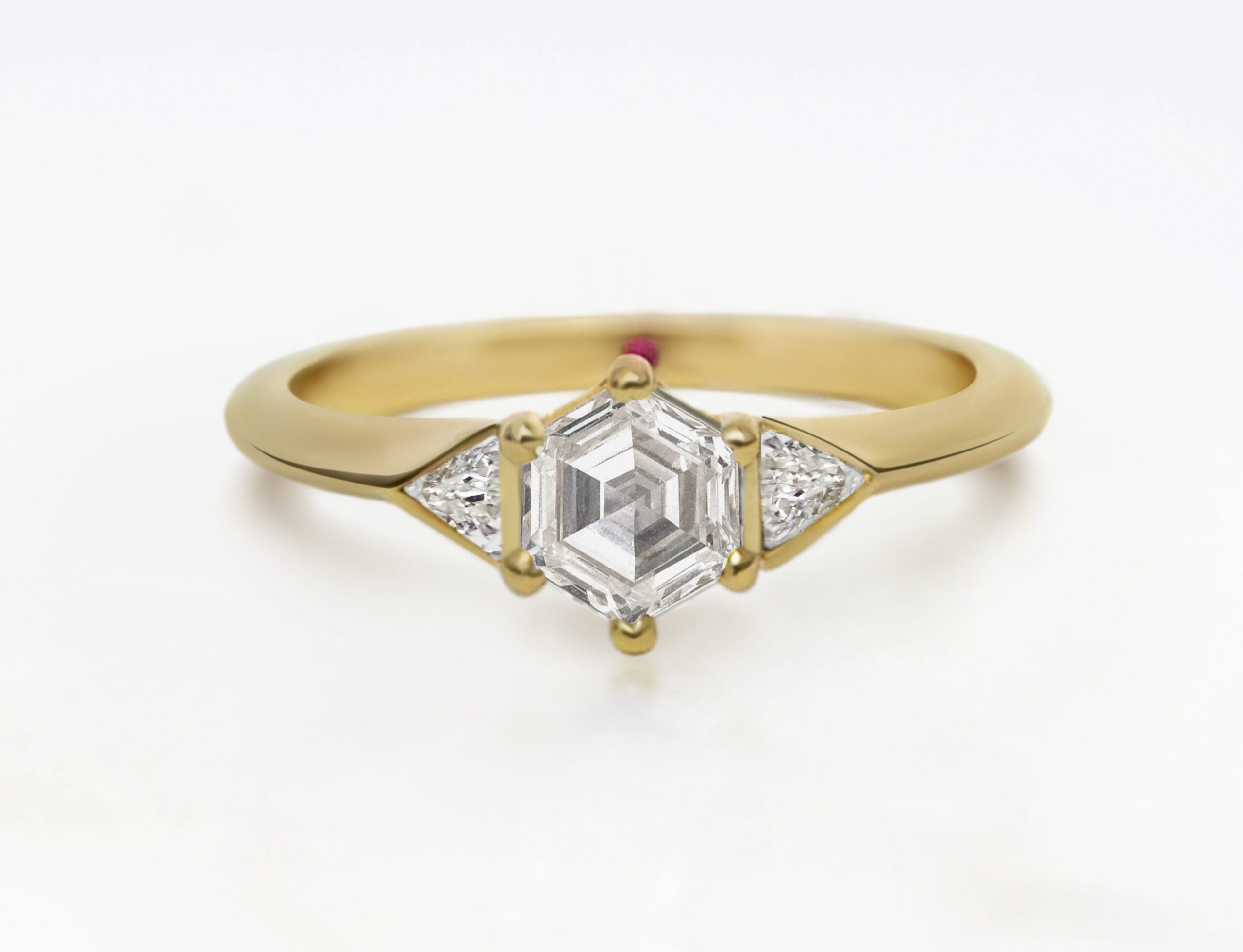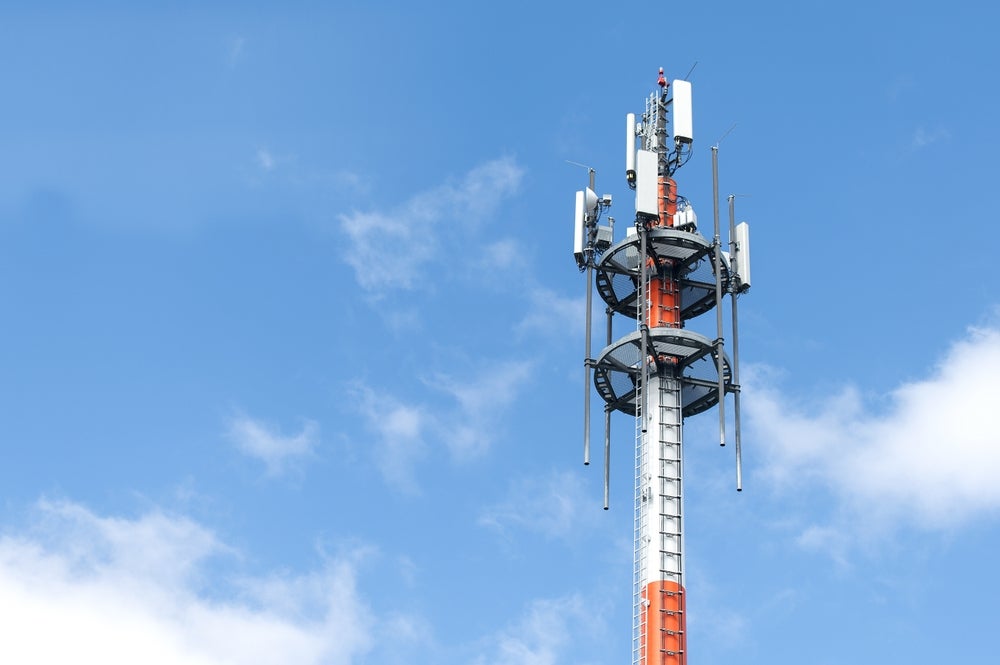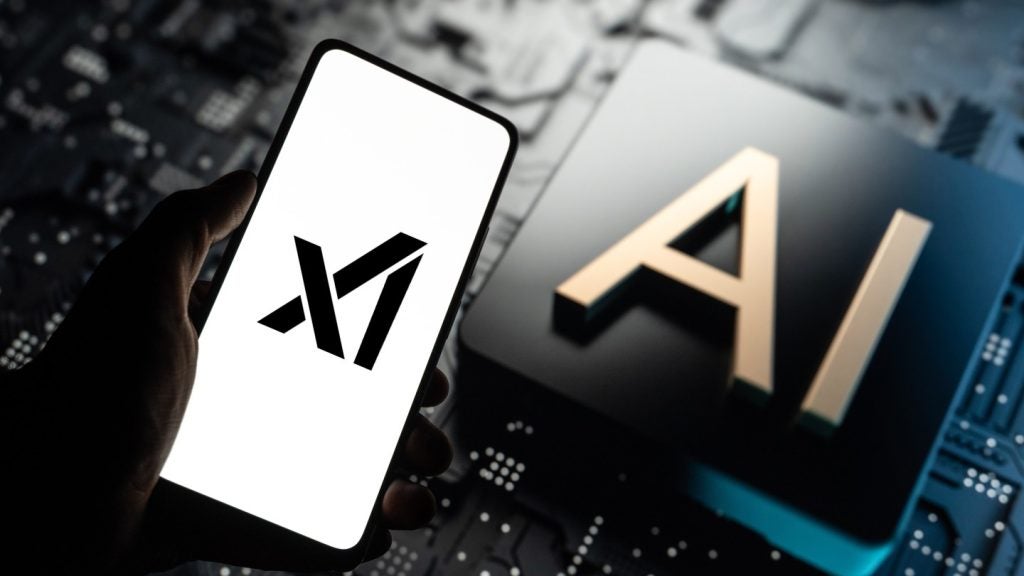
The diamond industry has a poor track record when it comes to human rights, with a portion of the industry still fuelled by forced labour, poor wages, dangerous working conditions and environmental damage.
In this context, many ethically-conscious consumers are looking for reassurance that the diamonds on engagement rings or other pieces of jewellery are responsibly sourced.
Lab-grown diamonds are an option that has increased in popularity over the last few years, with synthetic diamonds created by putting pure carbon under high pressure and high temperature rather than through geological processes, bypassing the natural diamond industry altogether.
However, for those who are still drawn to the real thing, many jewellery brands now claim to offer conflict-free gems.Many diamonds are validated using paper certificates, but these are susceptible to data manipulation, meaning it is difficult for customers to be entirely certain that what they are buying is conflict-free and produced in a sustainable manner.
Blockchain may offer an alternative solution. The method of storing information using blocks secured using cryptography on a decentralised database has been applied to numerous industries, and could be a way to track the diamond from mine to consumer in a “secured, unmodifiable and transparent manner”.
London-based jeweller Taylor & Hart has partnered with Everledger to create the first engagement ring set with a diamond whose provenance is digitally tracked on the blockchain.
How well do you really know your competitors?
Access the most comprehensive Company Profiles on the market, powered by GlobalData. Save hours of research. Gain competitive edge.

Thank you!
Your download email will arrive shortly
Not ready to buy yet? Download a free sample
We are confident about the unique quality of our Company Profiles. However, we want you to make the most beneficial decision for your business, so we offer a free sample that you can download by submitting the below form
By GlobalDataEverledger: Putting diamonds on the blockchain
Founded in 2015, Everledger is a emerging technology enterprise that tracks the provenance of high-value assets, including diamonds. In 2017, Everledger established the Diamond Time-Lapse, creating a historical ledger for diamonds, with real-time data about the diamond’s origin, cutting, polishing, and finally certification. This provides a permanent record of the time, date, location and quality of every step of the diamond’s journey, but also a record of the ethicality.
Taylor & Hart laid the groundwork for the project by working closely with three diamond manufacturers in India (Dharmanandan, Star Rays and Hari Krishna), purchasing rough diamonds from countries including Russia, Canada and Botswana, tracked by Everledger on digital logs. These digital logs cannot be tampered with, and thus create greater transparency across the global diamond supply chain.
According to Everledger, through working with a range of stakeholders across the diamond supply chain the company has encrypted the provenance of over two million diamonds.
Additionally, customers will be able to track price movement of their diamond to see how the value is improving over time.
Taylor & Hart CEO Nikolay Piriankov believes that Everledger can help provide reassurance for customers that their diamond is truely ethical:
“Anything that is paper-based has a higher risk of data fraud. The digitally logged certificates provided by Everledger give a source of provenance to the client, thereby helping to eliminate concern that their diamond was in some way unethical.”
In addition, Piriankov explains that as this process is relatively inexpensive, the same technology could be applied to other luxury items such as watches and other jewellry:
“The cost of this process is only a fraction higher than normal trade and offers us the same peace of mind it does for our customers. Eventually this will be how all diamonds are traded”.
Read more: Louis Vuitton blockchain project “beginning of a new era” for luxury brands







